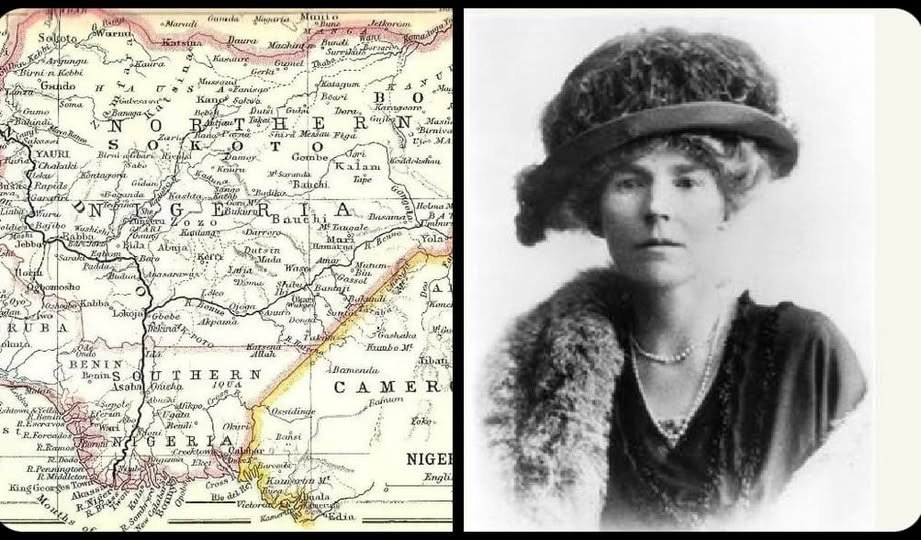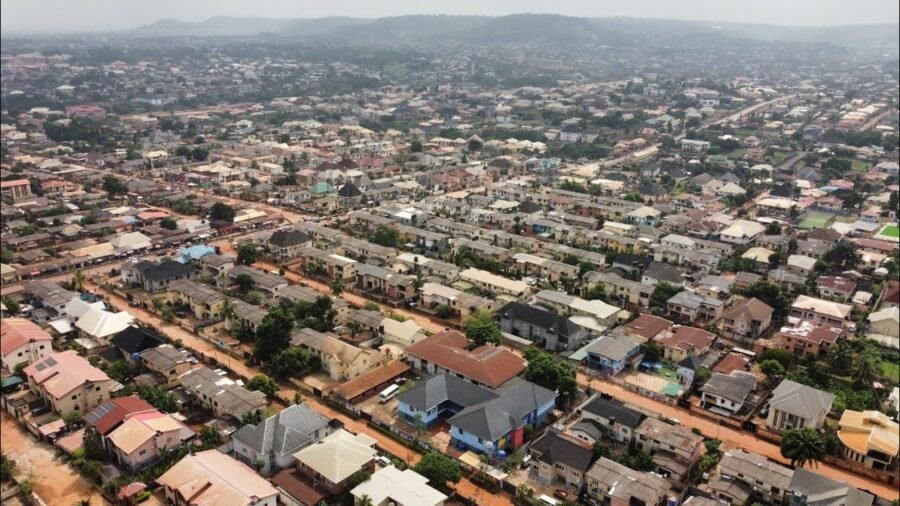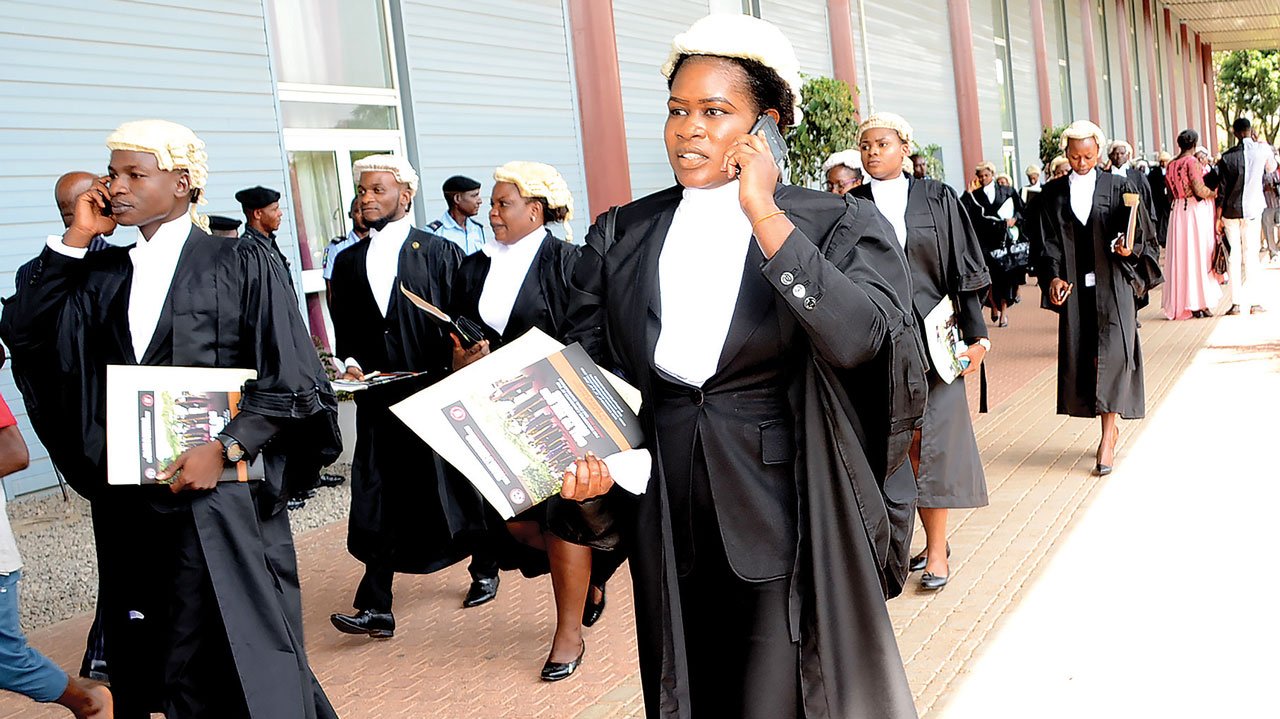Who Named Nigeria and When It Happened

The name “Nigeria” didn’t just emerge by chance. It was chosen in 1897 by Flora Shaw, a British journalist who later became the wife of Lord Frederick Lugard. At the time, she was one of the most influential female voices in journalism, serving as the Colonial Editor of The Times of London. She proposed the name in an article, arguing that the long title “Royal Niger Company Territories” needed to be replaced with something shorter and more fitting.
In her words, the name should cover the territories under British control along the River Niger without creating friction with neighboring colonies. So, she took “Niger” from the major river that runs through the region and added “-ia” to suggest a territorial label, and thus, “Nigeria” was born.
Before the Name Nigeria
Long before Nigeria became an independent nation, it existed as a patchwork of diverse communities, kingdoms, and tribal nations. These regions weren’t united by any single identity. They were loosely organized under colonial administration, identified as either the Northern or Southern Protectorates.
What people often forget is that even before the well-known 1914 amalgamation, the name “Nigeria” was already in use. Flora Shaw’s naming of the country predated the administrative unification by 17 years. She wasn’t just tagging a geographical space; she was branding a colonial territory under British influence.
British Protectorate and Flora Shaw
When Flora Shaw suggested a new name for the region, she was trying to make it easier for British policymakers, traders, and administrators to refer to the area. The official title of the time—“Royal Niger Company Territories”—felt too clunky, especially for political and journalistic communication.
In her essay, she described the name “Nigeria” as distinct, not resembling any other part of Africa. She wanted something unique that would separate this British-controlled region from French colonies to the west and other protectorates along the coast, like Lagos. This idea of branding the territory with a simple name was practical and politically convenient.
Niger River
The inspiration behind the name wasn’t abstract. The River Niger, one of Africa’s longest rivers, became the anchor for the term. This river had long served as a central route for trade, travel, and colonial expansion. Flora’s choice showed geography as much as it did political strategy.
Interestingly, while she coined the name, the people living in the territory had no say in it. The name Nigeria was never chosen by its indigenous communities. Instead, it was applied externally and stuck as the country grew under colonial governance.
Who Was Flora Shaw?
Born in Woolwich, South London, Flora Shaw came from a mixed European background—her father was an English military officer, and her mother was Mauritian with French heritage. Her journalism career began in 1886 when she wrote for the Pall Mall Gazette and later for the Manchester Guardian.
She quickly rose to prominence and became the Colonial Editor for The Times, which at the time was one of Britain’s most powerful newspapers. This made her the highest-paid woman journalist of her era. She had already gained attention for her reporting on the Anti-Slavery Conference in Brussels, where she was the only female representative.
How Nigeria Was Defined Before 1897
Prior to Flora’s intervention, the land now called Nigeria had many names depending on who was in charge and what they intended to use the name for. Some documents referred to the region as “Niger Sudan” or “Niger Empire.” Others used the name of the trading company in control—Royal Niger Company Territories.
All of these were more commercial than national in nature. There was no country called Nigeria, only a commercial colony and scattered protectorates. So when Shaw proposed “Nigeria,” she wasn’t naming a nation as we know it today. She was giving a label to a collection of regions under colonial rule.
Nigeria Was Not Born in 1914
Despite the political significance of the 1914 amalgamation that merged the Northern and Southern Protectorates, Nigeria already existed in name and concept by 1897. The name had circulated in government records and publications long before Lord Lugard made administrative changes.
So when the country marked its 100th anniversary in 2014, that date actually ignored the moment Nigeria truly came into being—January 8, 1897. If anything, the actual 100-year milestone should have been recognized in 1997, acknowledging Flora Shaw’s pivotal role in branding the country.
Lack of National Recognition for Flora Shaw
Unlike many historical figures associated with Nigeria’s early development, Flora Shaw’s name isn’t part of national monuments, major roads, or institutions. Apart from a mention during the 2014 centenary celebrations where she was listed among 100 notable contributors to Nigeria’s history, there has been little formal recognition.
This is in sharp contrast to how other countries commemorate those who helped in their identity. While Flora Shaw played a major role in naming the country, she remains largely ignored in official narratives.
Marriage Between Flora Shaw and Lord Lugard
In 1902, Flora Shaw married Lord Frederick Lugard, the colonial administrator of Nigeria. After her marriage, she became known as Lady Lugard. She accompanied her husband during his overseas appointments, including his time as Governor of Hong Kong and Governor-General of Nigeria.
They had no children, and she passed away in 1929 from pneumonia at the age of 76. Despite her contributions across British colonies—including support for building schools, hospitals, and universities—her work remains mostly unacknowledged in Nigeria’s collective memory.
Why the Name Nigeria Was Artificial
Nigeria wasn’t created organically by the people living in the region. The name was imposed from the outside by colonial forces, much like the borders drawn across Africa with little regard for ethnic or linguistic groupings. This artificial beginning still echoes in national issues today.
With over 370 tribes and over 500 languages spoken, Nigeria’s complexity runs deep. The concept of being “Nigerian” is still debated in academic and political circles, with some leaders stating that Nigeria is more of a geographical label than a national identity.
Ethnic Complexity & Modern Nigeria
Even in modern times, the divisions among Nigeria’s major tribes—Hausa, Yoruba, and Igbo—continue to influence politics, economics, and social relationships. These divisions have historical roots in colonial administration, which ruled different areas separately and later forced them into one entity.
English became the country’s lingua franca to ease communication among diverse groups, but cultural and linguistic differences are still strong. While the country has achieved independence and nationhood, the layers of its colonial foundation remain visible.
Why the Original Naming Matters Today
Recognizing the real moment Nigeria came into being helps change our understanding of national identity. January 8, 1897, was when Nigeria first had a name that unified its vast regions under one term, even if it was just a colonial tag at first.
The historical neglect of that date and the woman behind it shows broader issues about how Nigeria views its past. Unlike other nations with clear Founders’ Days, Nigeria hasn’t embraced the opportunity to acknowledge the moment its name was born.
Nigeria Was Never the Original Name
Before being called Nigeria, the region was managed by the Royal Niger Company, a commercial enterprise more concerned with trade than nation-building. The idea of calling it “Niger Sudan” or “Central Sudan” was dismissed because those names were already linked with other regions.
What set “Nigeria” apart was its uniqueness. It was short, not yet claimed by another African region, and tied directly to the River Niger—a defining geographical feature.
Why Understanding Nigeria’s Name Origin Matters
Knowing who named Nigeria and why it happened is more than just trivia. It’s about acknowledging how much of the country’s identity was arrived at without its people’s input. That knowledge helps explain many of today’s national struggles—tribal friction, unclear identity, and disputes over legitimacy.
The name “Nigeria” might have stuck for over a century, but its roots are in British colonization, not collective self-determination. That context still matters in discussions about unity, governance, and national pride.
If you’re interested in tracing Nigeria’s origin further, a deeper look into who the original owner of Nigeria is offers more context. Flora Shaw’s choice has lasted over a century, and yet her story remains in the shadows.
Article updated 3 months ago ago. Content is written and modified by multiple authors.









